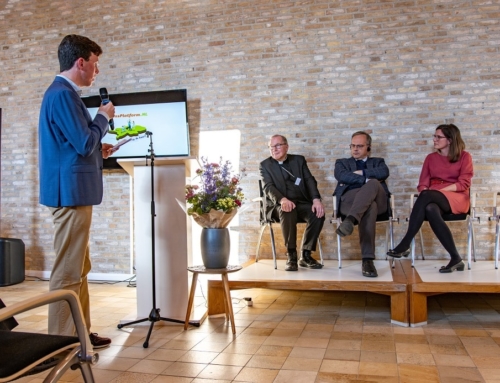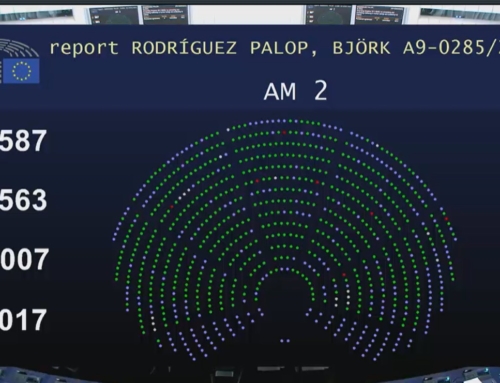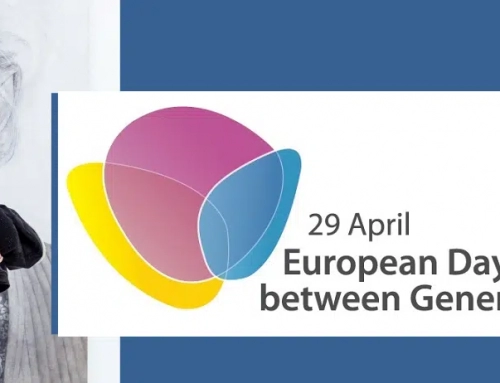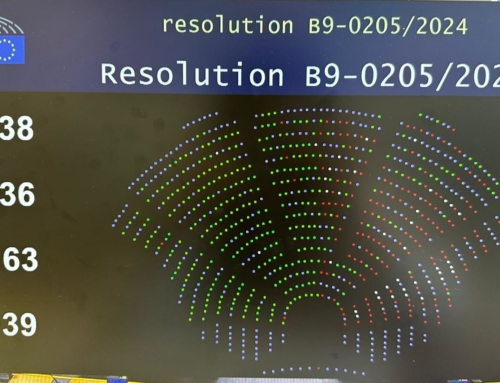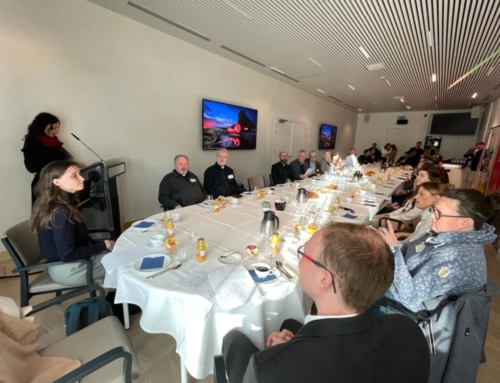|
April 1st, 2021 It has been a year since the Covid-outbreak began. Parents continue courageously to uphold their responsibilities despite a lack of recognition, weak support and additional difficulties brought about by the pandemic. Families are nonetheless key for the future of Europe. As Pope Francis repeated, Europe faces “a demographic winter”. Even a country like France, with the highest birth rate in Europe, saw its seventh consecutive year of declining fertility in addition to a drop in births of 13% in 2020. The EU’s Portuguese Presidency included in its priorities for the first half of 2021 the need to adapt to a triple transition: green, digital and demographic. The European Commission published earlier this year a “Green Paper on Ageing” that recognizes the demographic imbalance without offering concrete solutions to reverse it. On 5 March 2021, the European Parliament, the European Commission and the Council of the EU published a Joint Declaration for the upcoming Conference on the Future of Europe, which highlights intergenerational solidarity as a key subject. Yet, as stressed by our joint reflection paper on “The Elderly and the Future of Europe”, intergenerational solidarity cannot take root without a new generation to uphold it. Demographic challenges must be put high on the European agenda. We have the duty to convince our institutions that the low birth rate is not desired by but rather imposed upon families. It is a sign of the lack of hope in the future. We need to ensure intergenerational balance and the sustainable development of Europe. For this purpose, we organised the Webinar series “FAFCE Dialogue” with high level stakeholders: Katalin Novák, the Hungarian Minister for Families, Elena Bonetti, the Italian Minister for Equal Opportunities and Family, and European Commission Vice-President Dubravka Šuica, in charge of Democracy and Demography. Europe is in urgent need of a demographic spring. Families today have, on average, one child fewer than desired, because of the economic, social and cultural obstacles they encounter. It is crucial to grant couples the freedom to have the number of children they want. I would like to mention in that respect the special support needed within the workplace. In January, we published, in cooperation with the umbrella organisation New Women for Europe, a White Paper on “Protecting women from maternal mobbing”. Parents, especially mothers, cannot be evaluated only as individuals and in terms of productivity. The reality of their social connections to a family and to a community, cannot be ignored any longer. We strongly called for a shift of approach with regard to working parents in a written contribution on teleworking requested by the European Economic and Social Committee and joined a statement in favour of a Sunday rest to allow families to spend adequate time together outside work. We carried these concerns into our meetings with high-level representatives: MEP Roberta Metsola, First Vice-President of the European Parliament, and Ms Christa Schweng, President of the European Economic and Social Committee. We also had the honour of meeting online with Mgr William Shomali, Auxiliary Bishop and Patriarchal Vicar for Jordan, to cooperate with families even outside Europe. In the start of the Year of the Family, we bear in mind and support the great work of our Members and partners in their respective countries on subjects such as education in Spain, euthanasia in Portugal, Spain and Ireland, the definition of marriage in Latvia and Hungary, and the fight against pornography in France. It is crucial for me to keep in direct contact with the ones I am representing. I recently had online exchanges with our Member Associations in France, Germany, Hungary, Malta and South Tyrol. Thank you very much for your support. So many of you have been attentively reading our press releases, following our activities, and supporting us financially. Much is still needed: please continue to support us and donate, to promote in Europe the beauty and importance of the family. Lastly, let us not forget that our work remains first in God’s hands, and that our fight for the family is fought not only by our human forces, but first and foremost by Jesus Christ, who has risen for us: “Take heart! I have overcome the world.” With a sentiment of hope, and in the joy of the Resurrection, I wish you all a Happy Easter. Vincenzo Bassi, FAFCE President |


